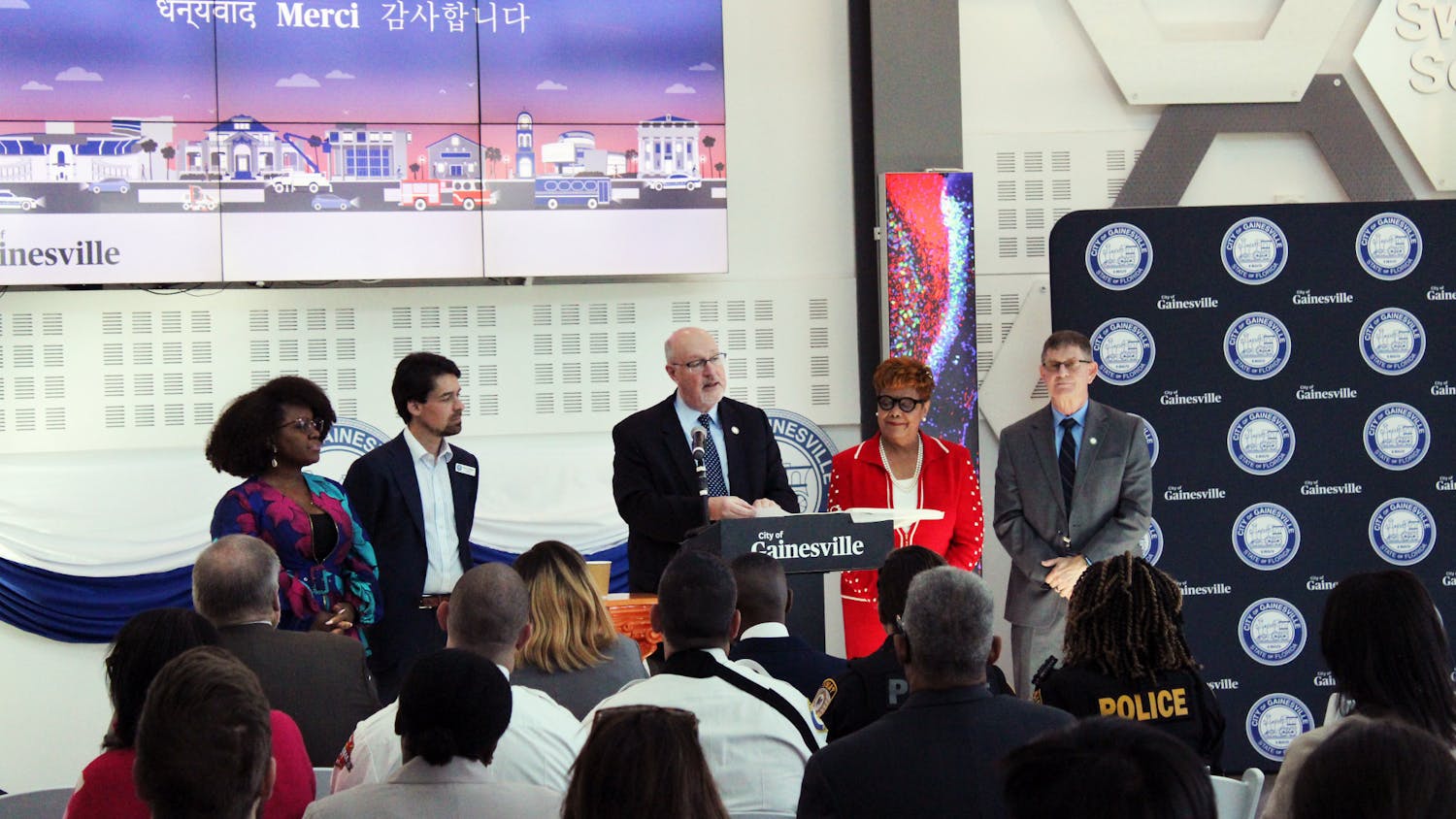When I first made the decision to fast for Ramadan, I did so to foster a sense of camaraderie with my students. In my mind — foolish and well-intentioned as it is — I had assumed that as I entered class each day, those of us who were fasting would smile and nod knowingly to each other as though we were part of some secret.
The Muslim students were always especially gracious in their support of my fasting, telling me stories and offering advice on how to best cope with the hunger and dehydration as I waffled through the preceding weeks. But there were two hugely important things I had not accounted for: 1) that fasting, if you’ve never done it before, is very, very hard; and 2) that in my ignorance, I had entirely missed the point of what I was doing.
For more on the first point, fasting with practiced Muslims because you’re worried about their attentiveness in class is like deciding to box with Muhammad Ali because he stubbed his toe. By the third day of fasting, my Muslim students had adjusted to their new eating and sleeping schedule and were showing up to class lively and bright-eyed as ever. I, on the other hand, possessed the Ramadan-ready aptitude of a tree frog.
More than anything, fasting punctuated my sleep schedule. Waiting every day for Iftar, or my evening meal after the sun had set, was, for me, torture. I would arrive home around 6 p.m., dehydrated, starving and exhausted (fat American that I am). Often the only way I could make it to 8:30 p.m. was by going to sleep.
When my alarm clock/dinner bell sounded clangorously next to my thick skull, I would wake dry-mouthed and bewildered at the sudden absence of light in my apartment. Once I remembered where I was, I would run to the kitchen sink and pour myself several large glasses of water, where I would drink them with soap opera-inspired theatrics.
But even worse than waiting for Iftar was waking up for Suhoor, my predawn meal. After stuffing myself to painful proportions only a few hours earlier, my alarm would go off again, too soon, and I would run to the kitchen and eat as large a bowl of cereal as I could, guzzle two to three glasses of water and then jump back into bed and try to fall back asleep before I had to pee — a consequence of the new sport I’d deemed “survivor chugging.” This practice ultimately led to me missing several morning classes, which forced me to think about the excuse I would need to present to my professor: “Sorry I missed class, sir; I was pseudo guest-practicing the Islamic Holy Month.”
One day, during a particularly rough class, my students asked how my fasting was going. “Oh, it sucks,” I said, jokingly. “Why are we doing this again?”
“We are doing this to show our God that we love him,” one of my students said very patiently, but also very seriously. At this point I truly recognized my position as a spectator during their holy month. With no God of my own to deliver me from certain palatable temptations, I was at the mercy of myself.
“It’s not just about not eating or drinking,” another one of my students added. “We are cleansing ourselves. You can’t swear or listen to music.”
“You can’t dance, either!” added another. And sex, I learned — even with your spouse — was totally out of the question. One student even approached me after class and said, “And don’t forget, you can’t even . . . ” and then made a lurid hand gesture. So I guessed that was out of the question, too.
As I progressed (and continue to progress through the experience), I began to understand the importance of God in observing fasting. During my second week observing, I cheated on my fasting. One Friday I’d become so concerned with my gaunt frame and paunch belly (with my new eating and sleeping schedule finding time to exercise proved impossible), I joined friends for Krishna Lunch. Now, while I doubt the Krishna House would appreciate being likened to a brothel, being there made me feel adulterous.
Eating and drinking while knowing how hungry and thirsty my students were made me feel like I was cheating on a spouse. My students had committed to something so much larger than themselves, something profound and holy, whereas I had been brought down by something as small and insignificant as my body and my own petty vanity.
Until I learned that if you broke fast you could make it up after Ramadan.
“God doesn’t want you to suffer,” one of my students said, laughing. “But he does want you to understand how less fortunate people feel.” This kind of commitment to religion was something new to me, and when one student told me the number of times a day he prayed (five), I replied, with crystalline perspicaciousness, “Dang, that’s a lot of prayers!” To which he laughed and said, “It’s about being close to your God. I like being close with my God.”
As I continue to count down the days until I can eat food during the day again, I am at least grateful for the small amount of understanding I have gained. Fasting has helped me understand the strength faith can give to a person’s resolve, especially since, as a non-theist, I struggle so much more to abstain from food and drink having no higher power to honor. The only reason I’ve been able to keep up my fast is so I can say to my students, with a straight face, “Don’t worry; I know exactly how you feel.”





